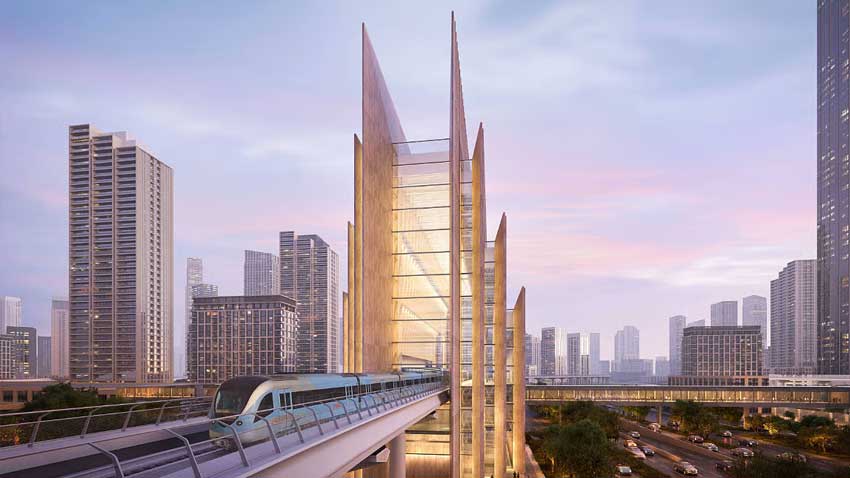The main tariff reforms were underscored by Aurangzeb in the National Tariff Policy. He added that customs duties were no longer on four tariff lines and that there is now a curtailment on 2,700 lines mostly associated with raw materials. He further emphasized that these modifications are for the coming year, followed by more curtailments in the near future in order to help exporters.
Speaking about steps to provide relief to the salaried class, the minister explained that the government provided as much assistance as it could within the constraints of the budget. Additionally, he declared a 0.5 per cent reduction in corporation super tax. Aurangzeb spoke about the shifts in the real estate industry, highlighting mortgage financing as a means of assisting purchasers.
Read Also:Budget 2025-26: How much tax will be deducted from your salary now?
With the guidance of Prime Minister Shehbaz Sharif and after conducting talks with the IMF, Aurangzeb included talks about how the government avoided taxing important aspects like fertilizers. He said that in order to raise revenue, we should promptly effectuate tax laws and that attempts to enforce such laws have already raised revenue by Rs400 billion. He highlighted how crucial raising small farmers financing is to lessen intermediaries.
Lastly, inflation guidelines will now advise salary and pension increments. Aurangzeb defended budgeting choices such as additional tariffs on solar panels and a carbon charge on fuels. Overall, he portrayed the budget as a well-balanced attempt to meet IMF requirements and promote growth.


